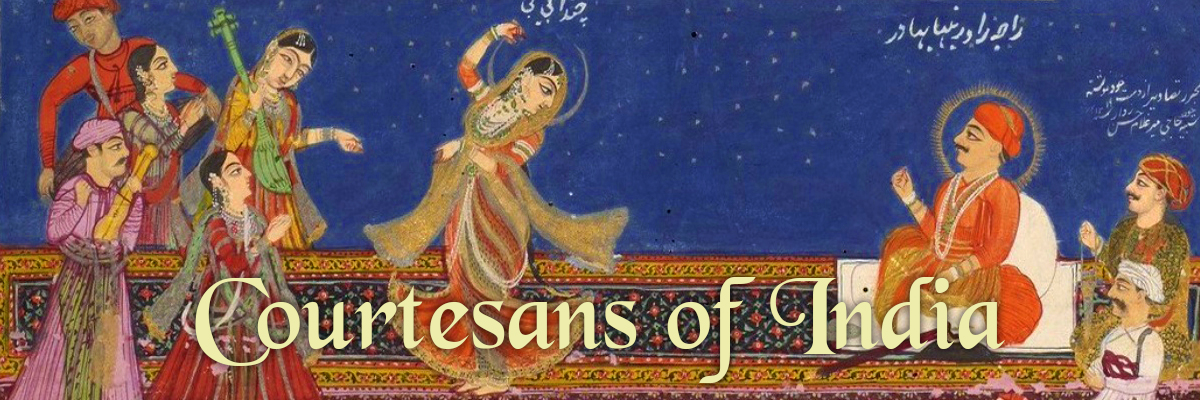Abstract
Kṣētrayya is the attributed author of Telugu padams (short lyrical poems) dedicated to Muvva Gōpāla, a form of the Hindu deity Kṛṣṇa. Kṣētrayya is commonly described as a peripatetic poet from the village of Muvva in Telugu-speaking South India who wandered south to the Nāyaka courts of Tanjavur in the seventeenth century. Contrary to popular and scholarly assumptions about this poet, this article argues that Kṣētrayya was not a historical figure, but rather, a literary persona constructed into a Telugu bhakti poet-saint through the course of three centuries of literary reform. A close reading of selected padams attributed to Kṣētrayya reveals the uniquely tangible world of female sexuality painted by the speakers of these poems. However, these padams became sanitized through the course of colonial and post-colonial anti-nautch and Telugu literary reform. In line with this transformation, the hagiography of the poet Kṣētrayya was carefully molded to fit a prefabricated typology of a Telugu bhakti poet-saint. Countering the longstanding narrative of solo male authorship, the article raises the possibility that these padams were composed by multiple authors, including vēśyas (courtesans).
